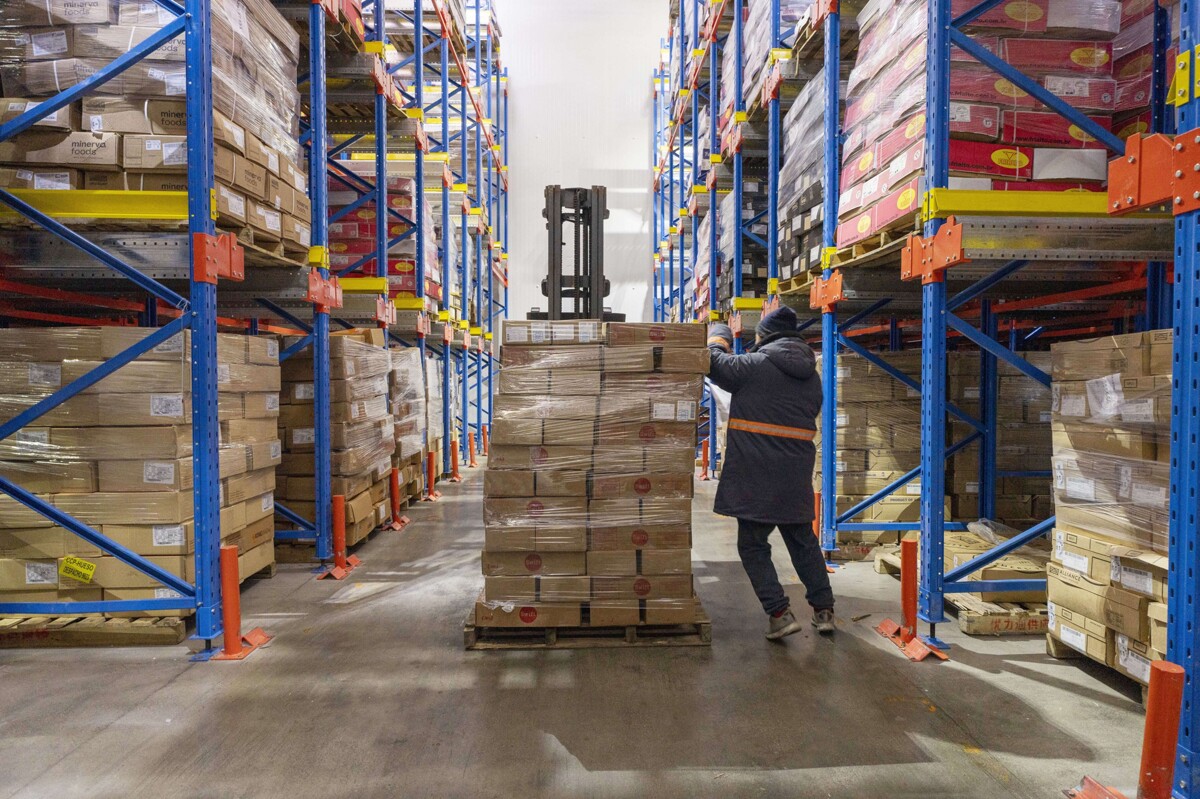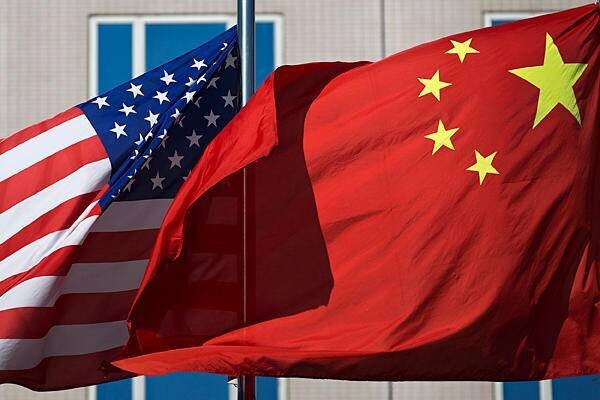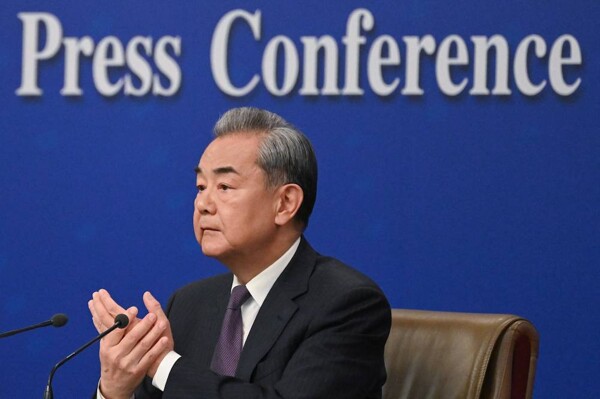
The Chinese government has initiated an anti-dumping investigation into canola imports from Canada and has filed a complaint with the World Trade Organization to challenge the decision to impose new tariffs on these products. According to the Chinese government, these tariffs harmed the operations and investments of Chinese industries and violated WTO rules.
Canada is one of the largest producers of canola globally and shipped 6.39 million tons of this product to China last year, most of which came from this North American country. China is expected to import around 1.75 million tons of canola oil in the current season, although it imports larger volumes of crude oilseed.
Due to the decrease in pork imports from China in recent years as a result of excess domestic supply and economic weakness, trade in products such as canola oil has become crucial in trade relations between China and Canada.
Meanwhile, in a broader scenario, U.S. President Donald Trump has decided to impose tariffs on imports from Canada and Mexico, although he later agreed to postpone them again. This situation has created uncertainty in international markets and has led China to impose retaliatory tariffs on canola oil, pork, and seafood from Canada amid the escalation of a global trade war.
China has announced a 100 percent tariff on canola oil and meal, as well as on pea products. A 25 percent levy will also be applied to imports of pork and some seafood, coming into effect next Thursday, March 20. Meanwhile, in the face of the tariff conflict between Canada and the United States, Canada imposed tariffs last year on Chinese products such as electric cars and steel and aluminum, showing its willingness to cooperate with the White House to prevent China from affecting the North American market.













